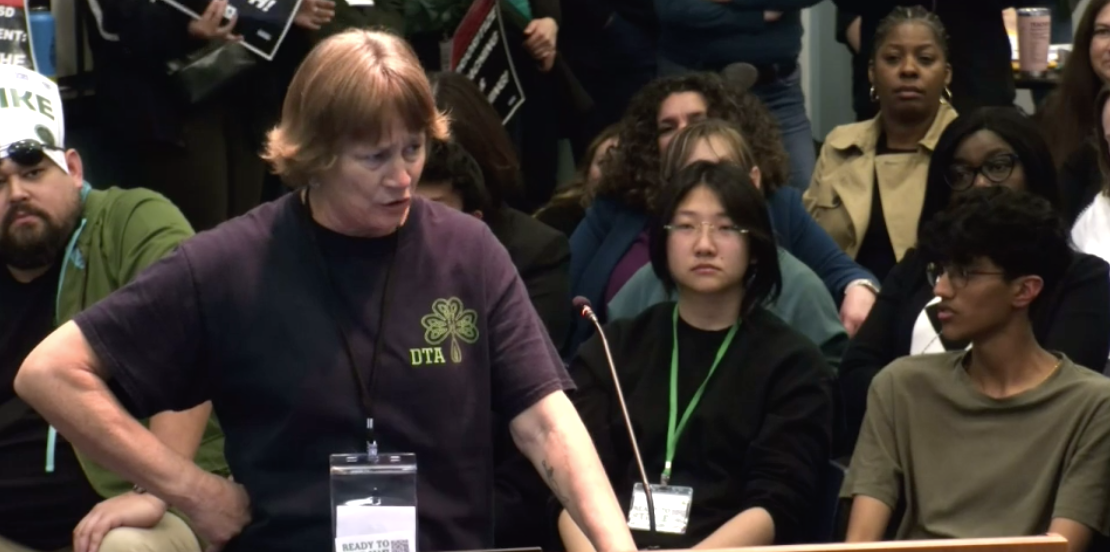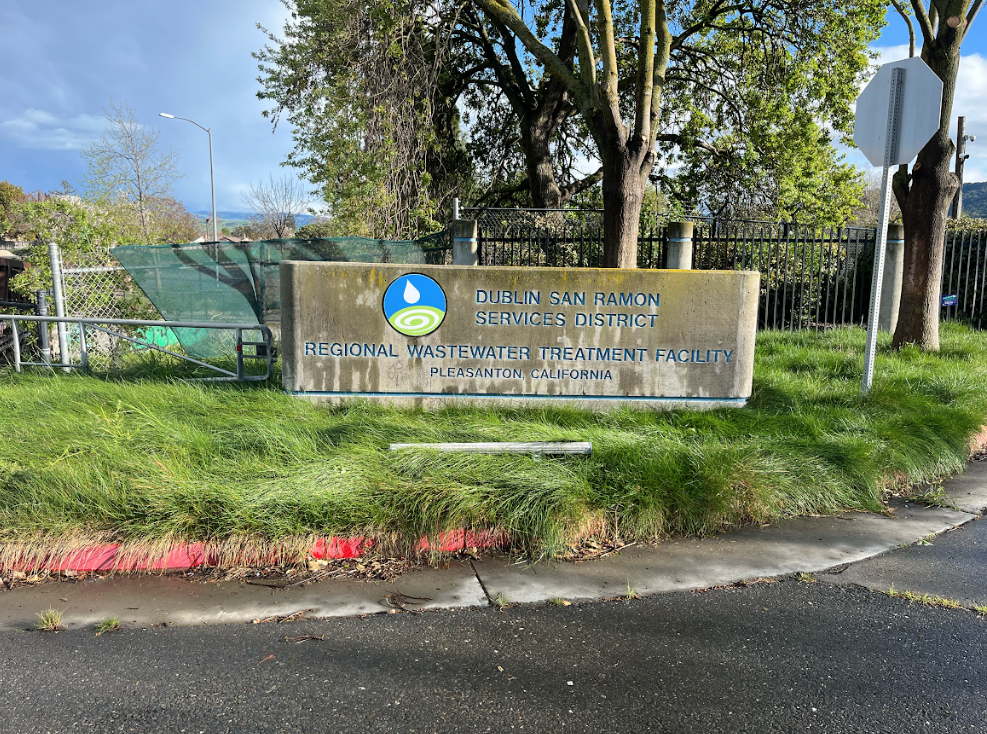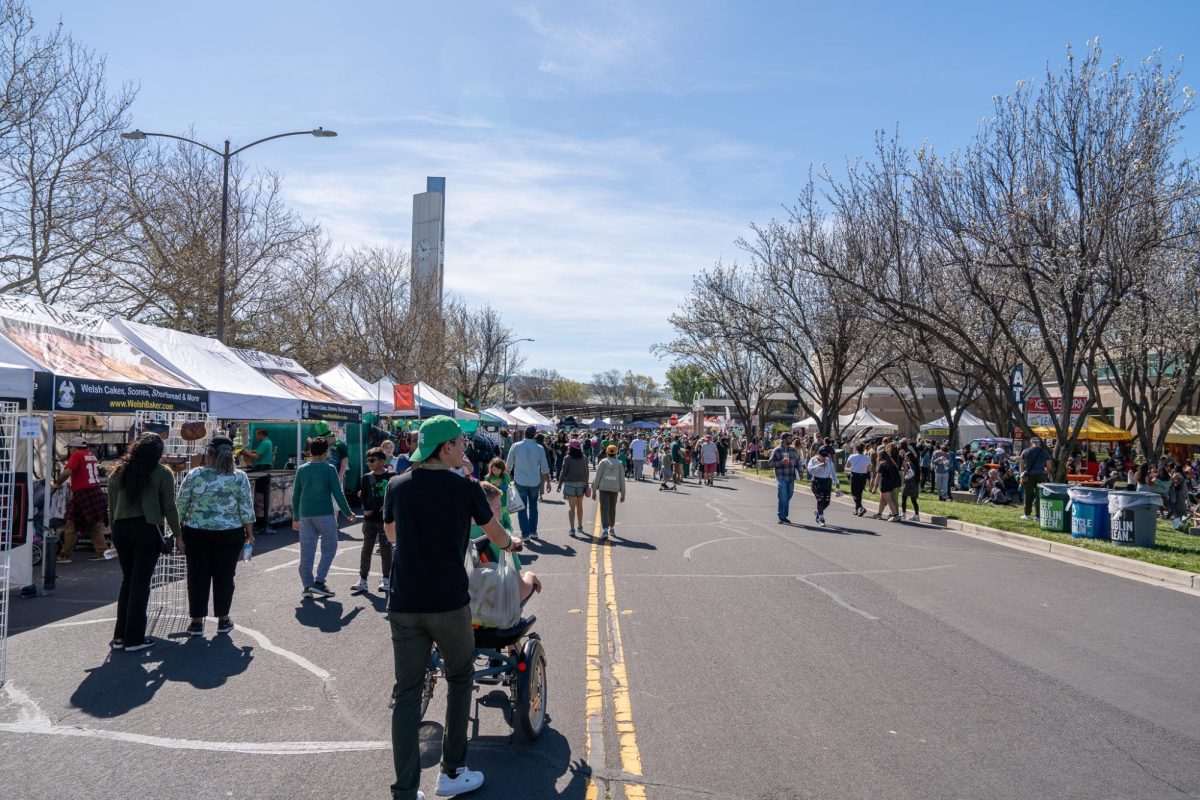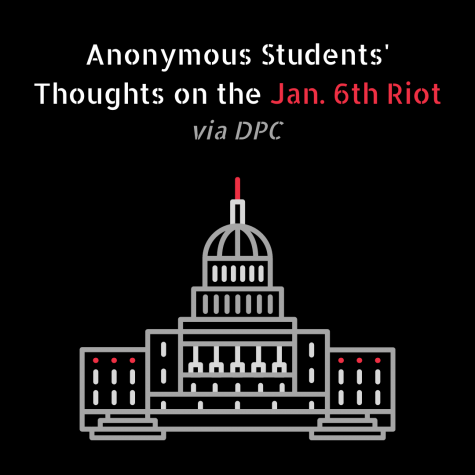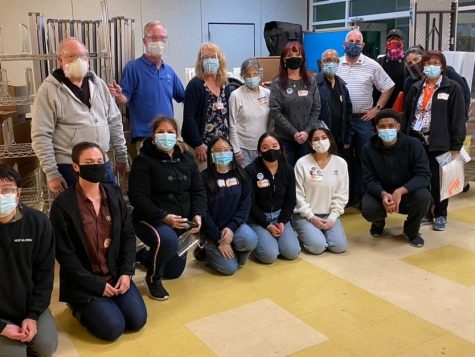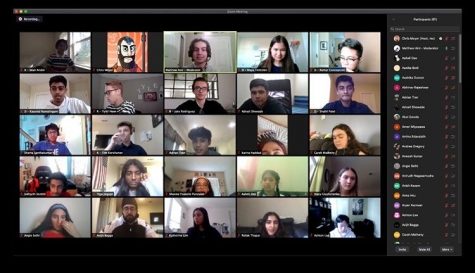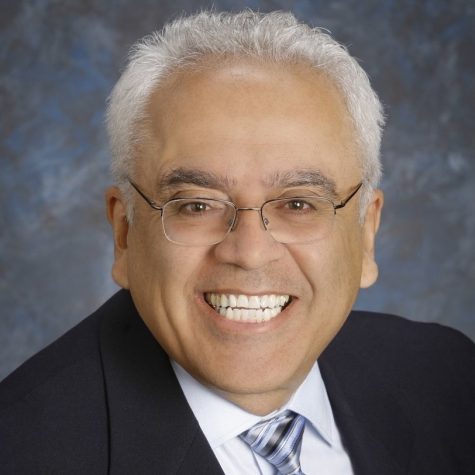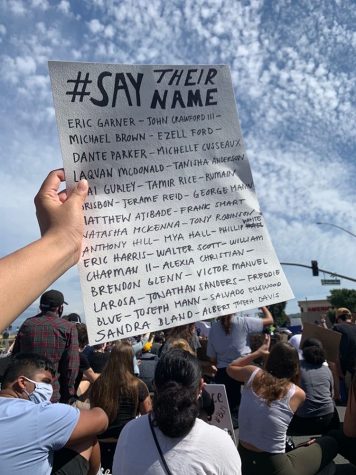Terror Attack in Brussels: DHS Reacts
What Happened?
On Tuesday morning, two explosions rocked Brussels. Caused by at least two suicide bombers, the first blast was detonated at the Brussels International Airport and the second went off an hour later at the Maelbeek subway station in downtown Brussels. Around thirty people were killed in the explosions, and more than 230 others were injured due to the blast.
The authorities have since identified the suicide bombers as two brothers, Khalid and Brahim el-Bakraoui. They are also searching for a third man photographed with the brothers at the airport shortly before the first bomb went off. Police later reported that the bomb carried by this man did not go off during the first blast, although it was the most unstable, and had to be detonated in a safe area after the attacks. This third man has been tentatively identified by the media as Najim Laachraoui and is suspected of playing a key part in creating the bombs.
These attacks come mere days after the Brussels police arrested Salah Abdeslam in connection with the November attacks in Paris. Laachraoui, who the authorities still have not captured, was rumored to have been the Paris attacker’s bomb maker as well.
It was not only the third man, Laachraoui, who had caught the authorities’ eyes before the attack had happened. Khalid el Bakraoul was already wanted by interpol for terrorist activities, and his brother Brahim was known to have been stopped from crossing from Syria into Turkey (because he was a “foreign fighter”).
Brussels is the capital of Belgium and is also the location of the European Union government. Because of this, the cities transportation services have been either shut down or placed under safety restrictions. The whole city is also under a high terror alert and will remain so until further notice.
Although it may seem surprising that Brussels was targeted, the country has been the focus of many counterterrorism activities since the Paris attacks. Most importantly, Belgium has been the location of several arrests in connection to the attacks earlier this year. Belgium also has a large Muslim population. Of course, being a radical Muslim extremist is in no way the same as simply being Muslim. However, a good sized portion of Brussel’s Muslim population makes trips back and forth between Syria and Belgium. In recent months, these Muslim communities have also been under scrutiny for a suspected ISIS recruiter ring.
What’s been the reaction?
The second European capital to be attacked by terrorists in the past six months, the Brussels bombings sparked outrage and worry across the globe. Like after the Paris attacks, there is undertone of shock apparent when DHS students talks about the incident in Brussels. Most DHS students do not have a clear memory of the 9/11 attacks; everyone has grown up hearing about them, but few have a clear memory of watching the Twin Towers fall on TV. The Paris and Brussels attacks are the first time most students have a clear understanding that terrorism is not something that just happens in the Middle East, but anywhere.
To find out exactly how DHS students were reacting to the Brussels attacks, the Dublin Shield interviewed students for their thoughts.
Junior Shannon Greenhouse described herself as being frustrated by the attacks. She said, “[terror attacks] are things that are hard to fight because they’re not coming from a country. At the same time, though, we have to try to do something more that may involving going into a foreign country.”
Another DHS student, sophomore Joanne Baek, said, “I think the attacks were very sad. But, even though they were sad, I feel like that this is just one the many attacks that happen everyday that nobody hears about. I’m glad that this attack is getting such a strong worldwide reaction because it brings recognition to the other attacks.”
Another junior, Jackson Calhoun, expressed his surprise that Brussels was attacked after Paris and not before. “Brussels is a city that so many people go to for international business that The attack was inevitable. Because it’s such an important city in international affairs, it is no mystery why it was targeted.”
As authorities search for the third bomber, DHS and places all around the world should continue to show their support for Brussels, the rest of Belgium, and the people affected by terrorism everyday.
Your donation will support the student journalists of Dublin High School. Your contribution will allow us to purchase equipment and cover our annual website hosting costs.
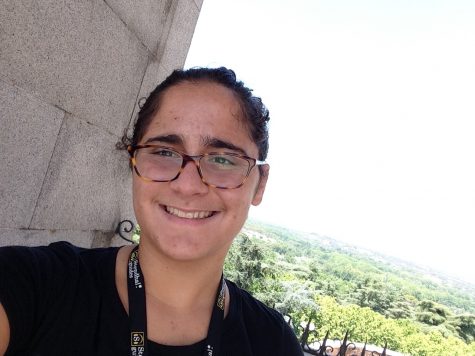
Alexandra Stassinopoulos was a senior at Dublin High School and the 2016-2017 Editor-in-Chief. She joined the Dublin Shield as a sophomore and worked as...



